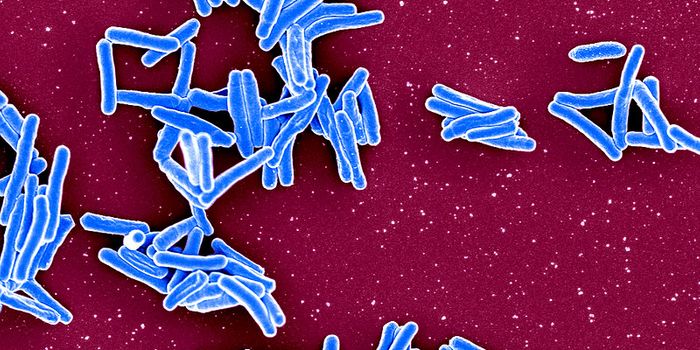New Approach Reveals 13 Novel Alzheimer's-Linked Genes
Scientists have been using genetic and computational tools to find small changes in the sequences of genes that are likely to affect a person's risk of developing a disease. But many of these genome-wide association studies focus on certain regions of the genome or only assess variations that occur in more than one percent of people. Scientists have now taken a more thorough look at the whole sequence of human genomes to find more gene variants that are linked to Alzheimer's disease (AD). This approach has revealed variants in thirteen new genes linked to AD.
This study, which has been reported in Alzheimer's & Dementia, has also shown that synapses, the junctions where two neurons meet, as well as neuroplasticity, the ability of neurons to make new connections, are connected to AD. This research may help scientists develop new treatment approaches for the disorder.
While some genetic variants have already been associated with an increased risk of AD, most of these are thought to be related to brain inflammation. Severe dementia and AD, however, are typically thought of as diseases in which the connections between neurons are lost and neurons die.
"It was always kind of surprising that whole-genome screens had not identified Alzheimer's genes that are directly involved with synapses and neuroplasticity," said study leader Rudolph Tanzi, Ph.D., the vice-chair of Neurology and director of the Genetics and Aging Research Units at Massachusetts General Hospital (MGH).
The genetic variants that have been linked to AD have explained around half of the heritable cases of AD, leaving many unaccounted for. Rare variants (impacting under one percent of the population) aren't picked up with standard genome-wide association studies (GWAS). Whole-genome sequencing, which was used in this work, won't miss those rare variants. This study analyzed the whole genome sequences of 2,247 individuals from 605 families, including AD patients, and another group of 1,669 unrelated people.
"This paper brings us to the next stage of disease-gene discovery by allowing us to look at the entire sequence of the human genome and assess the rare genomic variants, which we couldn't do before," explained lead study author Dmitry Prokopenko, Ph.D., of MGH's McCance Center for Brain Health.
Tanzi noted that it's important to find these unusual variants because they can tell us more about the mechanisms underlying the disease. The variants are in thirteen genes that have never been connected to Alzheimer's before this; the names of the genes are FNBP1L, SEL1L, LINC00298, PRKCH, C15ORF41, C2CD3, KIF2A, APC, LHX9, NALCN, CTNNA2, SYTL3, and CLSTN2.
"Rare gene variants are the dark matter of the human genome," he said. Every individual is thought to carry about 55 million variants, 77 percent of which are rare, he added.
"With this study, we believe we have created a new template for going beyond standard GWAS and association of disease with common genome variants, in which you miss much of the genetic landscape of the disease," said Tanzi.
Sources: AAAS/Eurekalert! via Massachusetts General Hospital, Alzheimer's & Dementia









